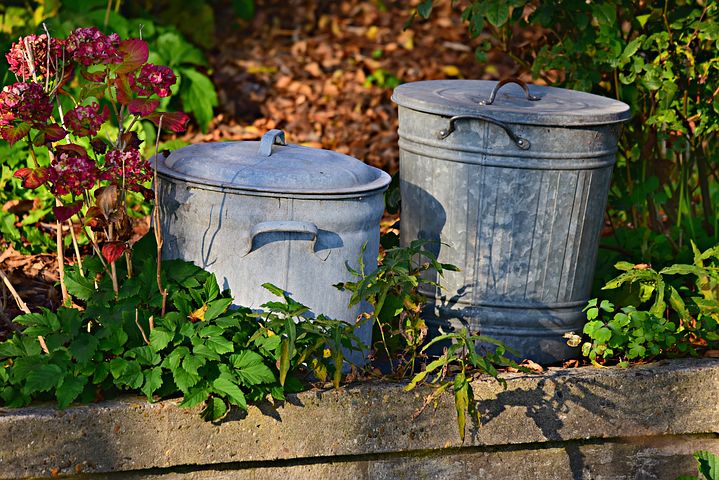
14 Mar Issues With Improper Rubbish Removal
Bad waste management and improper rubbish removal practice have widespread negative impacts on the environment and human health. Responsible waste management practices are essential for minimising the impact of human waste on the Earth.
If you’re wondering about some of key impacts of improper rubbish removal practices then read on below to find out more.
Contamination
One of the biggest issues with poor waste disposal practices is that it leads to contamination and pollution of the Earth. Pollution of the ground, waterways and air poses a big risk to humans and animals.
Soil

Improper rubbish removal can cause contamination of soil, pollution of the land can be devastating for ecosystems. The health consequences of contaminated soil can be dire, resulting in chronic disease in humans and the loss of biodiversity as species struggle to survive human-introduced chemicals and pollution.
Waste regularly ends up in landfill globally, landfill sites have a negative impact on the earth by themselves, and if waste is improperly disposed of or landfills sites are poorly managed it often results in widespread soil contamination and lasting issues.
Water
Water pollution affects access to clean drinking water, disrupts ecosystems and impacts on the food supply of many people. It is responsible for many deaths each year and has far reaching effects on human health. Water is easily polluted; it is often a side effect of soil pollution that contaminants will leak into the groundwater.
Water pollution poses a serious threat to human health, incorrect rubbish removal practices directly contribute to water pollution issues and contribute to the 1.8 million deaths that occur as a result of contamination each year.
Air
Air pollution can be the result of a number of different kinds of emissions into the air, as well as mould and pollens and is responsible for a broad range of human health issues and can lead to respiratory illnesses and death.
Poor rubbish removal practices can contribute to methane and other dangerous emissions in the air, this can be potentially poisonous for humans and animals and contributes to global warming.
Pests
Poor waste disposal practices attracts pests such as cockroaches and rats which can have a wider impact on human health as they carry disease and spread germs. Pest control is a big issue, especially in inner-city areas where compact living attracts all kinds of pests. Pests have been responsible for some of the worst human health crises in history including the plague or the Black Death, which was spread by rats.
It is important for homeowners and commercial business owners to assist with controlling pest populations by using professional rubbish removal tactics.
Human hazard
Sometimes people will throw commercial or household waste away to avoid disposal fees, this can create hazards for people and animals fairly quickly.
Poor waste removal practices pose a risk to human safety. Junk left ain areas with heavy foot traffic can cause people to trip and fall. Some waste, such as asbestos, is dangerous to human health and must be properly disposed of.
Economy
Poor rubbish removal practices can negatively impact the economy in a number of ways. It is common for instance for people to illegally dump waste in residential and commercial areas to try and avoid the costs associated with disposal. Over longer periods a build-up of illegally dumped junk can impact the overall value of the neighbourhood and bring house or business values down.
Illegal dumping can come at a significant cost to the taxpayer as it falls to the government to manage clean up, over time this can contribute to higher rates and council fees.


